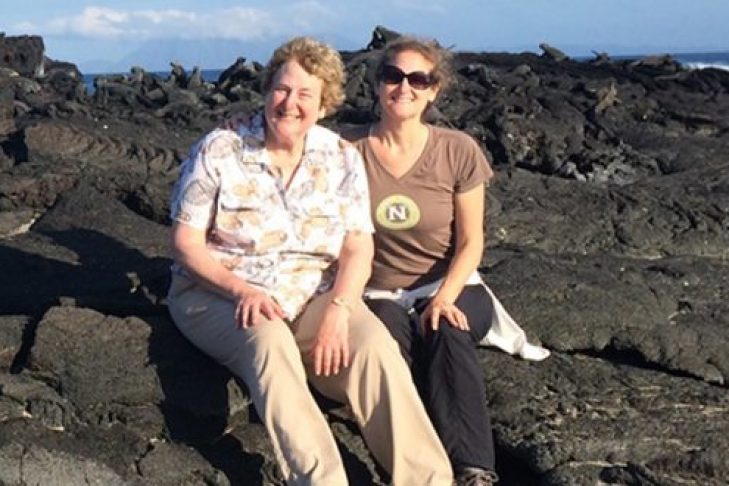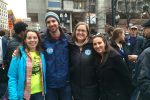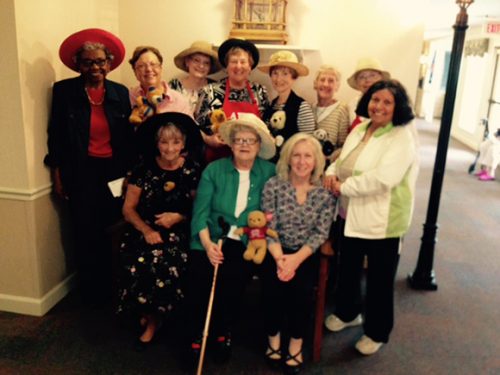Stephanie Kogan, mother of Elana Kogan, took JOIN for Justice’s seven-week online course in community organizing, “Don’t Kvetch, Organize!” in spring 2016. Elana Kogan is a long-time organizer and creator of the online course. We interviewed Stephanie to learn more about her experience in the course, how it has impacted the work she is doing, and to explore the special experience of taking this course as the parent of an organizer. She is involved with a variety of volunteer organizations and the Cincinnati Jewish community.
Why did you want to take Don’t Kvetch, Organize!?
I belong to a group called Delta Psi, which is part of an international education society for women. I was treasurer for nearly a decade. When the president passed away while in office, there was no one else to fill the position, so I stepped up. It wasn’t until that moment that I realized that everything was being done by the president. I couldn’t get anyone to take even the smallest of jobs, not even a simple job like buying snacks. I recognized that I had to work on building leadership in the organization. I knew that a strong skill and foundation for community organizers is building and developing leadership in those that they work with. I realized it was time for me to learn those skills and how to build up the leadership in our group.
Can you share a story or two about how you have applied what you learned in the course to your work?
First story:
After learning about the concept of relational conversations in Don’t Kvetch, I decided to try it with a few people in my chapter as a way to meet immediate leadership needs. It was ABSOLUTELY amazing. My whole approach and outlook changed—instead of talking about our organization’s needs, I talked with members about their interests and what they wanted to get out of volunteering for the organization. Lo and behold, I was immediately able to fill four leadership positions I had struggled with for so long. I’m not talking about easy jobs like getting the snacks—I’m talking about multiple-hour jobs. I was successful simply because I applied the skills I learned in the course: talking with the volunteers about their interests, sharing our stories and experiences, and then suggesting how the proposed positions would help them meet their own goals. I was flabbergasted by how effective this approach was.
I saw how, by changing my own attitude and outlook, I was also much more excited about my role as president—and way more effective! Now I’m actually enjoying being president!
Bonus: Check out this very excited voicemail Stephanie left her daughter, Elana, about the day she filled one of those leadership roles mentioned above.





